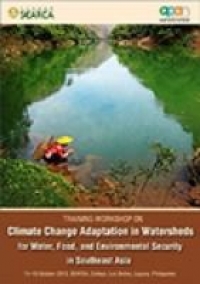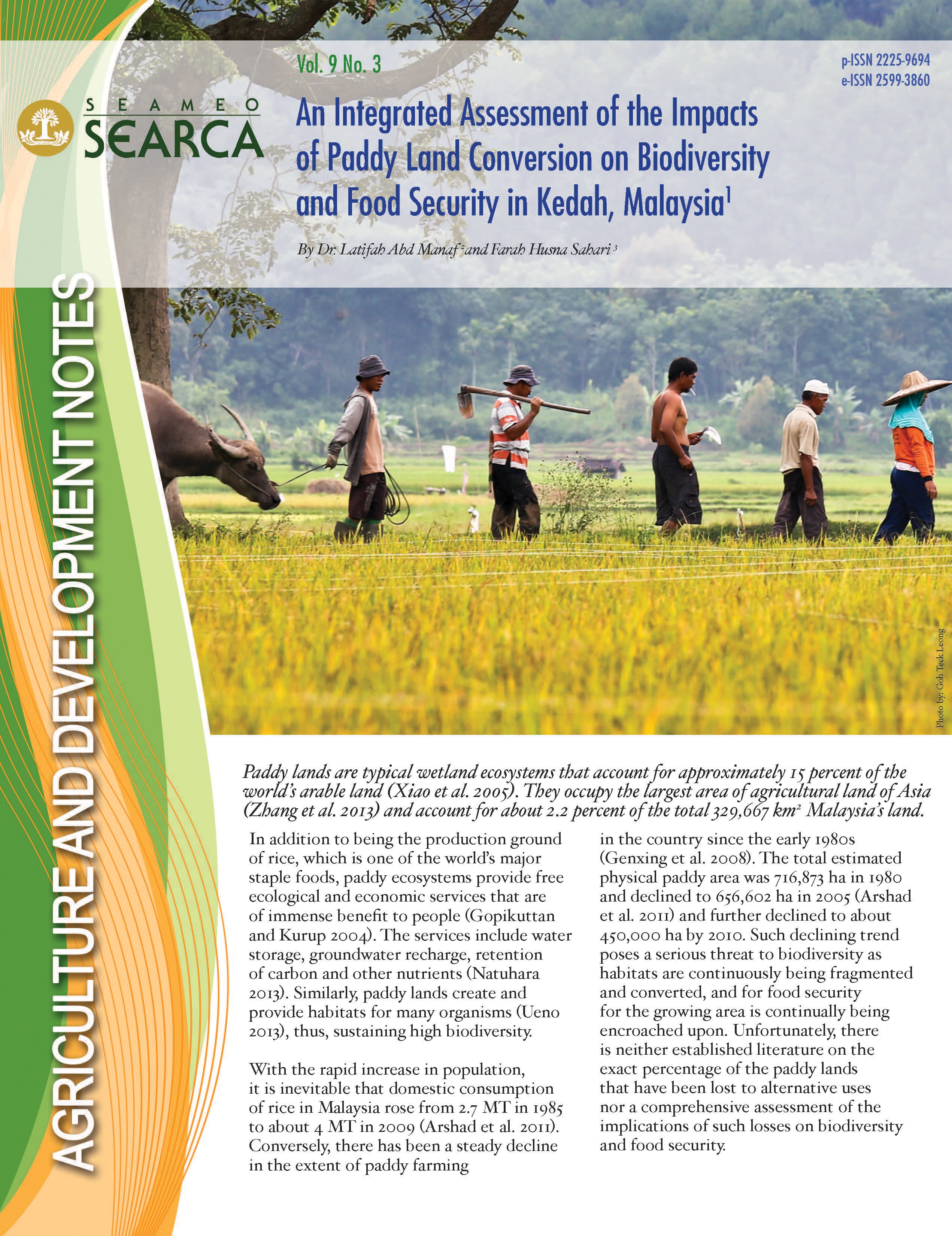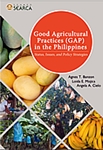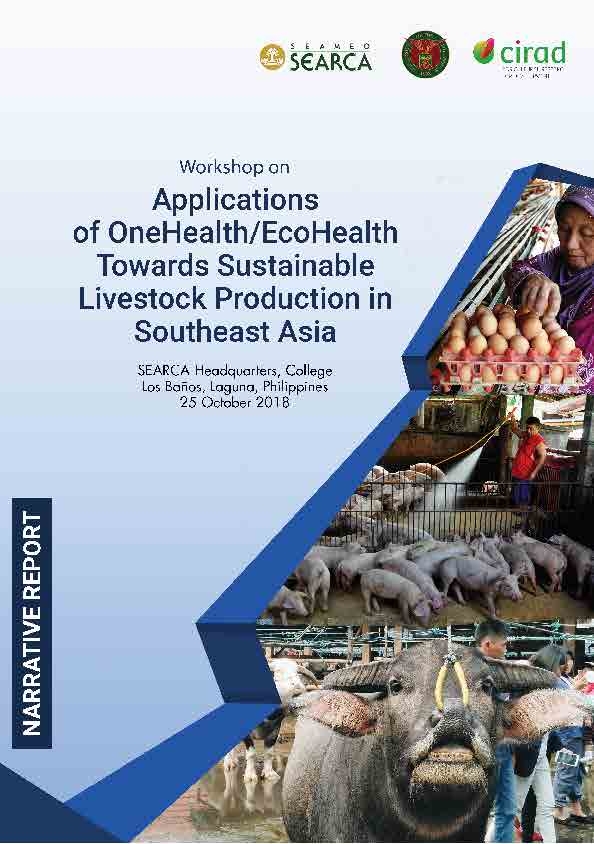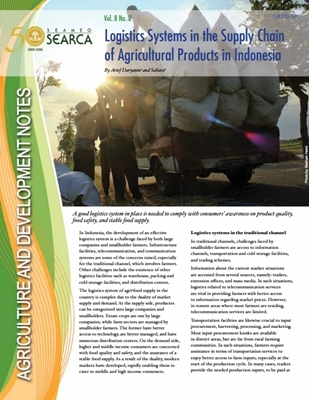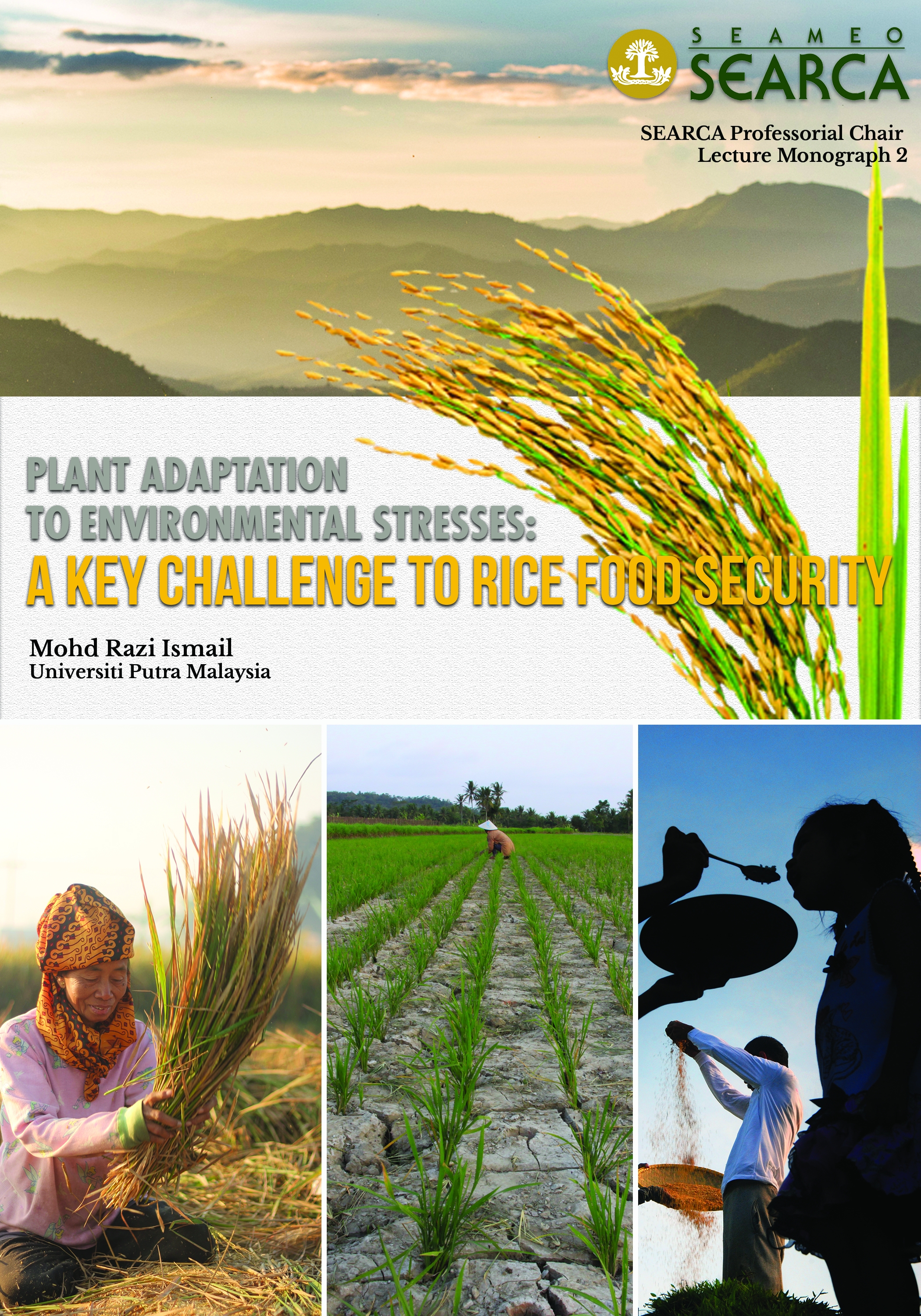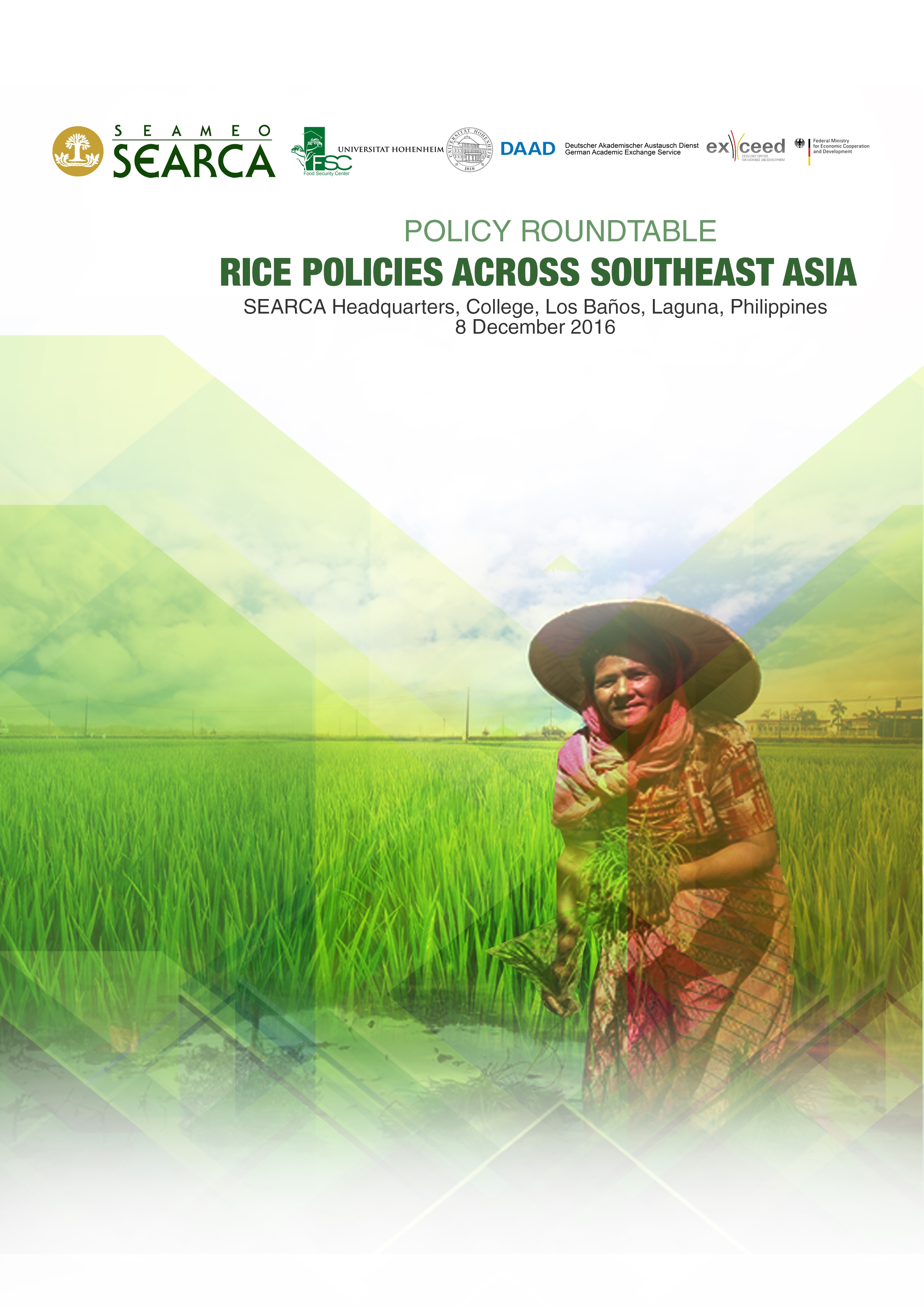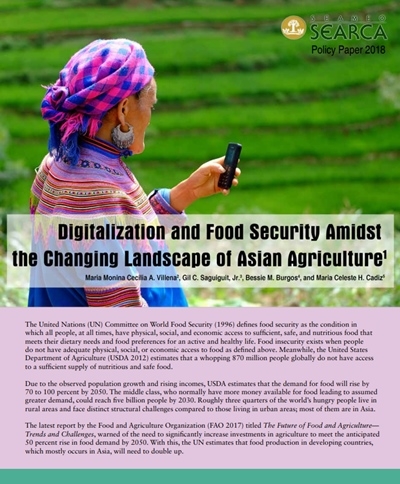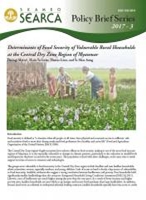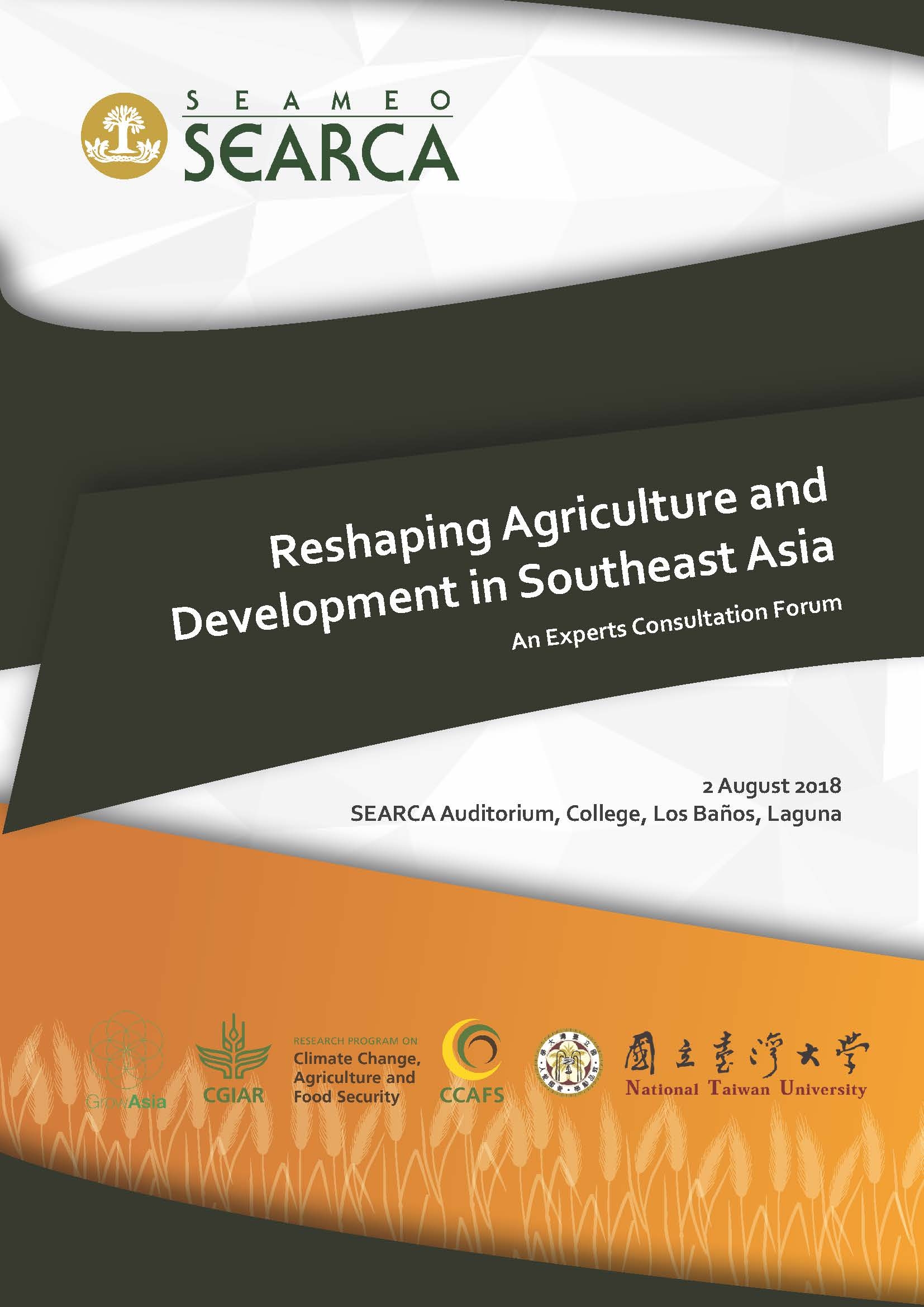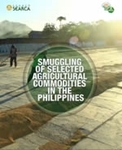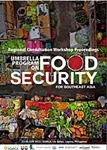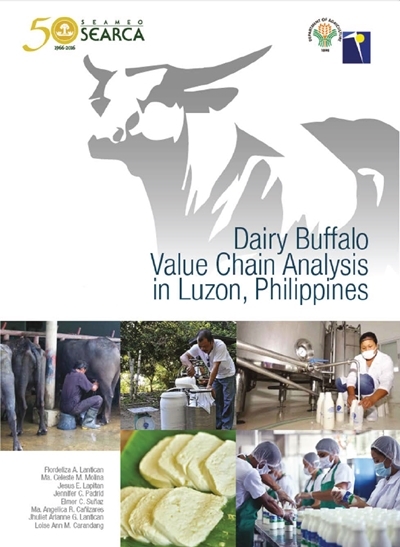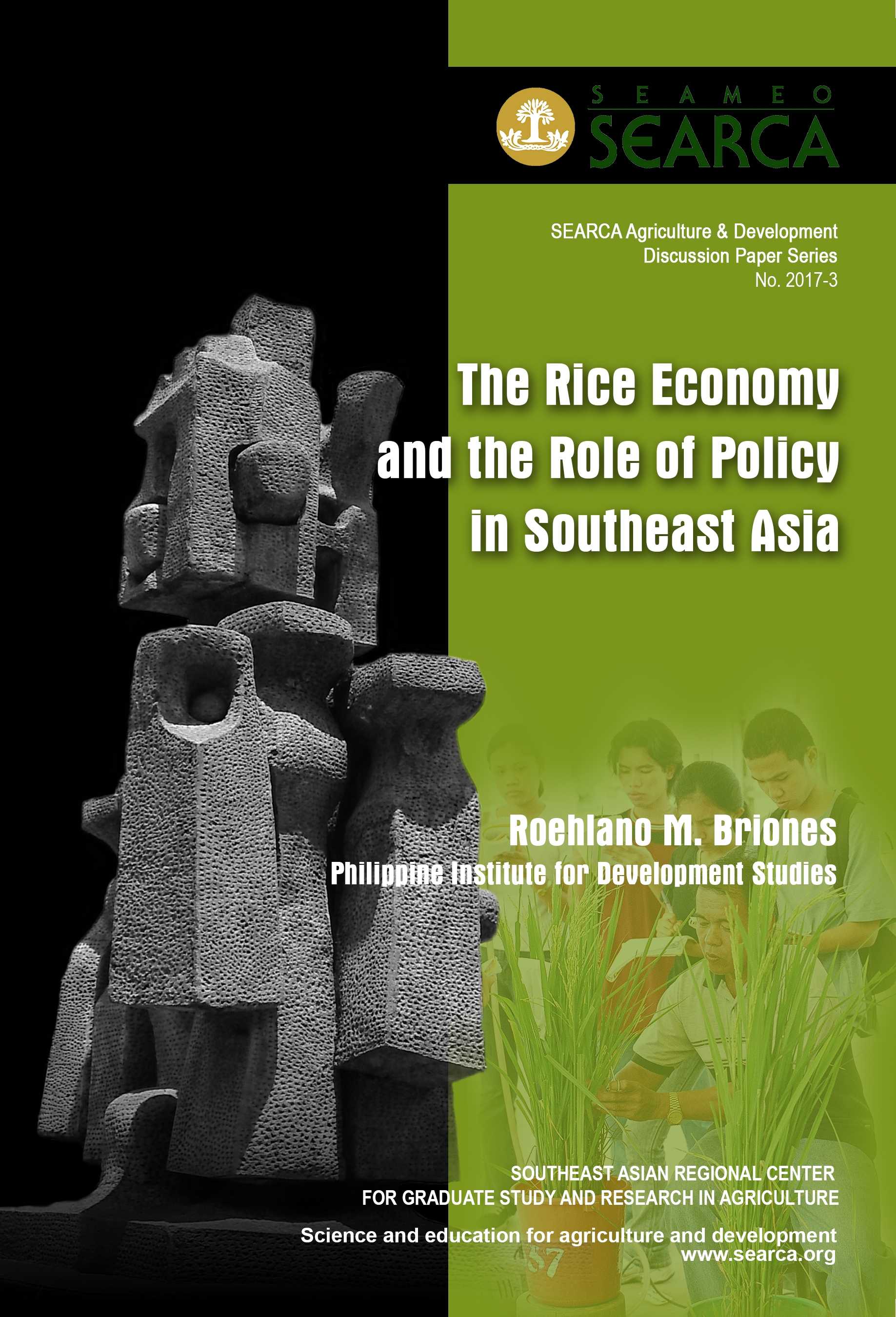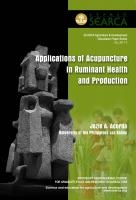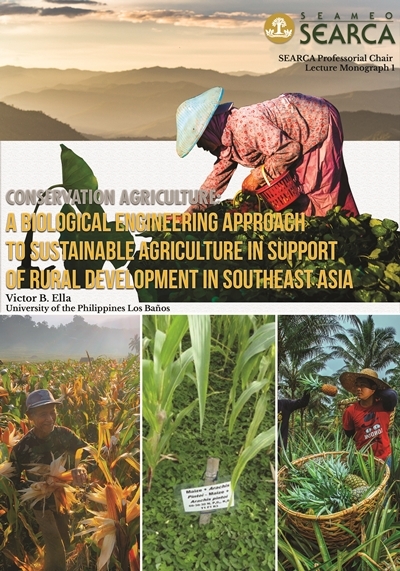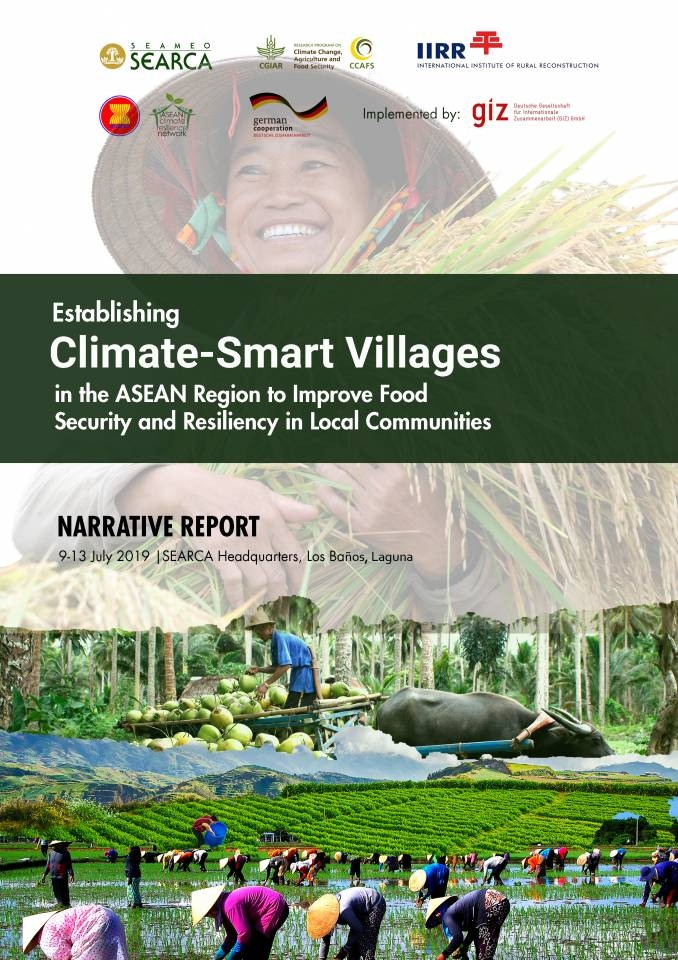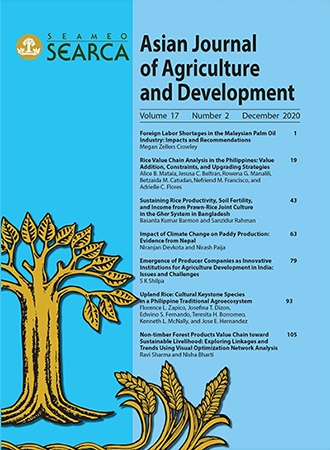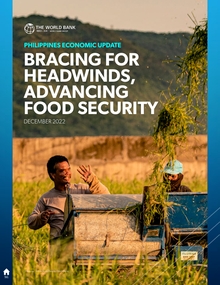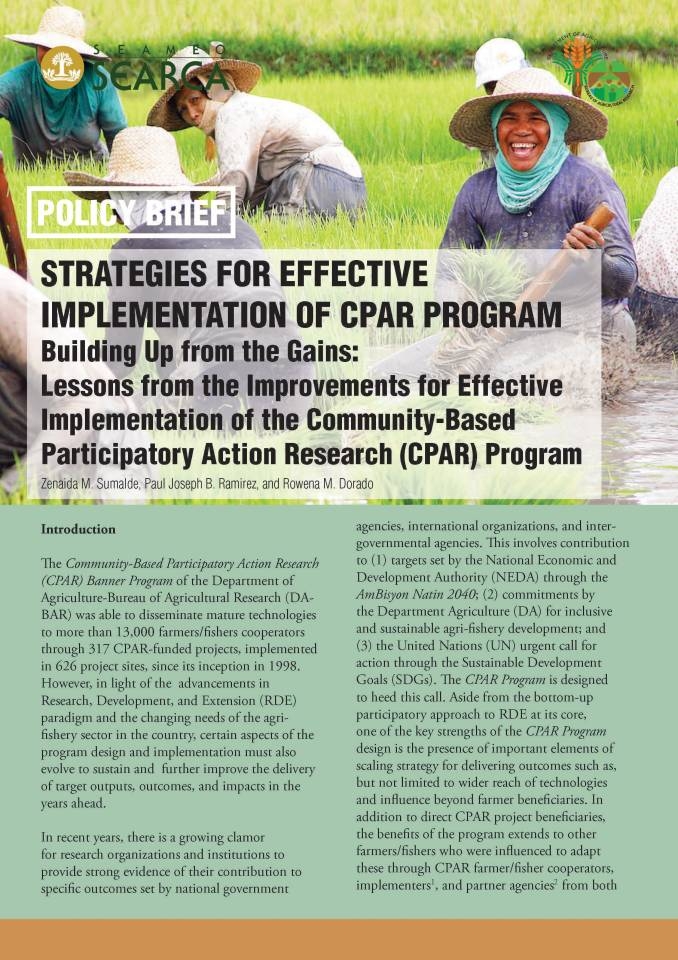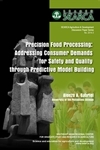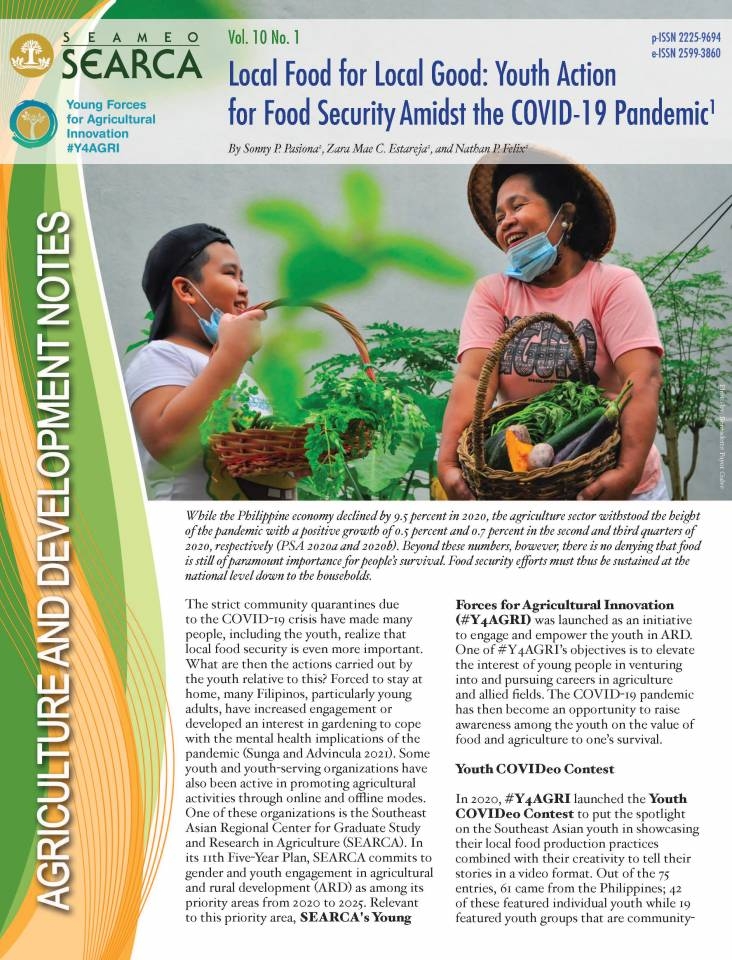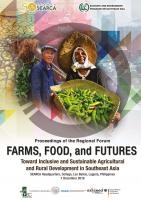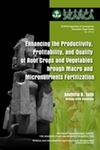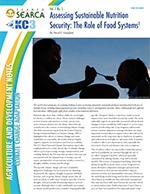Food production highly depends on the availability of water, a precious and limited resource. It is a key driver to production such that water scarcity or insufficient supply of water can constrain agricultural productivity and adversely impact food security. Accordingly, with a global population that is projected to increase to nine billion in 2050 coupled with economic growth, the demand for irrigation water to meet food production requirements and for household and industrial uses will also increase. As such, watershed management and protection of water resources play a very important role toward the attainment
of environmental, water, and food security.
However, degradation of watersheds in Southeast Asia has been observed over the years, driven mainly by anthropogenic influences in watershed degradation. Although some efforts have been exerted to improve watershed management in the region, climate change has further added to the stressed conditions of the watersheds in Southeast Asia. Decision makers are then faced with two sides of the problem in watershed management—the complexity of the drivers of watershed degradation exacerbated by climate change, on one hand, and the complexity of the impacts of watershed degradation on the other.
Organized by the Southeast Asian Regional Center for Graduate Study and Research in Agriculture (SEARCA) and the Asia Pacific Network (APAN), the training-workshop on Climate Change Adaptation in Watersheds for Water, Food, and Environmental Security in Southeast Asia held on 15–18 October 2013 at SEARCA, College, Los Baños, Laguna, Philippines called on twenty-three researchers, technical officers/ experts, and academics from five Southeast Asian countries to understand the intricate interrelationships among climate change and various extractive practices and measures affecting watersheds in order to achieve environmental, food, and water security.
Specifically, the training-workshop aimed to:
- Understand the issues and challenges in watershed management in a changing climate in relation to water, food, and environmental security;
- Analyze gaps toward sustainable watersheds in a changing climate for water food, and environmental security; and
- Draw up an agenda for action towards sustainable watersheds for water, food, and environmental security in a changing climate within their work contexts, be it in research, teaching, action programs and practices, and policies.
The training workshop was divided into three main modules. Module 1 provided an overview of the key issues and challenges in watershed management within the context of climate change. Specifically, the module discussed the upstream and downstream linkages in watershed management, changes in watersheds and its implications on agriculture, and the impelling considerations in watershed management amidst climate change. The participants also presented the key challenges and best practices in watershed management and climate change adaptation in their respective countries, so as to stimulate discussion on the exchange of best practices and solutions in watershed management.
Module 2, on the other hand, dealt with understanding the changes in watersheds due to climate andnon-climate stressors. The influences of people on watersheds (i.e., population growth, livelihoods, local policies, and external forces) were discussed as well as the land use and land cover change with respect towatersheds. The different tools and methods for assessing the biophysical impacts of human and nonhuman stressors were also discussed in this module.
Lastly, the third module covered the essential elements of climate change adaptation in watersheds. In particular, this module covered the (1) key principles for climate change adaptation in watersheds, (2) comprehensive watershed management cum climate change adaptation planning, (3) multi-stakeholder watershed management modes in a changing climate, and (4) science-based policy and decision support systems in watershed management in a changing climate.
The field trip to Mount Makiling Forest Reserve (MMFR) and the municipality of Mabitac, Laguna served to augment the lectures and presentations in the training, and accordingly showcased practical applications of climate change adaptation practices in watersheds.
The integration part of the training-workshop addressed the gaps and needs toward climate change adaptation in watersheds in relation environmental, food, and water security in Southeast Asia. Specifically, the integration was implemented through a workshop activity, in which the participants shared how they intend to apply the knowledge they have gained from the learning event into their respective work contexts.
